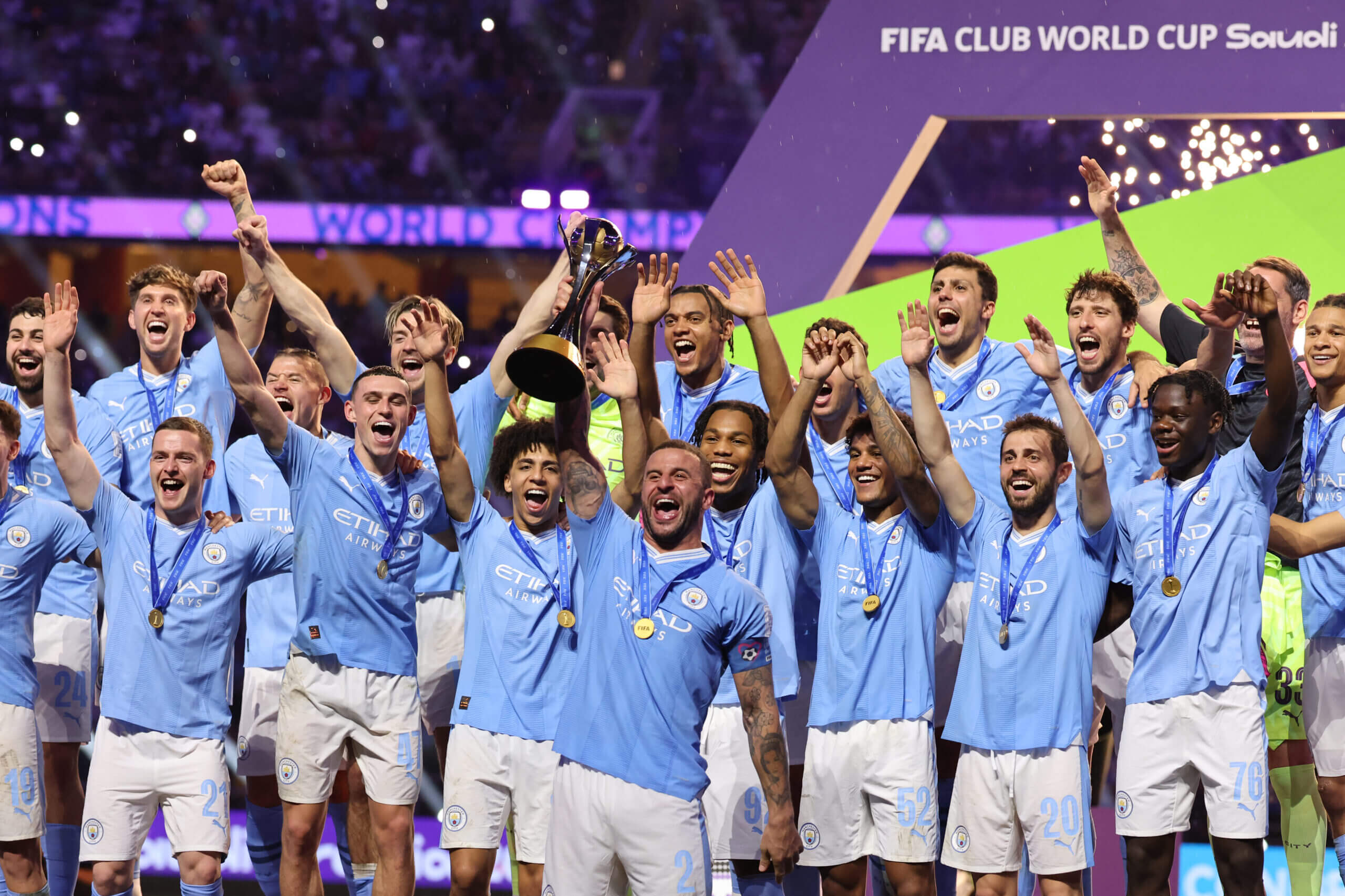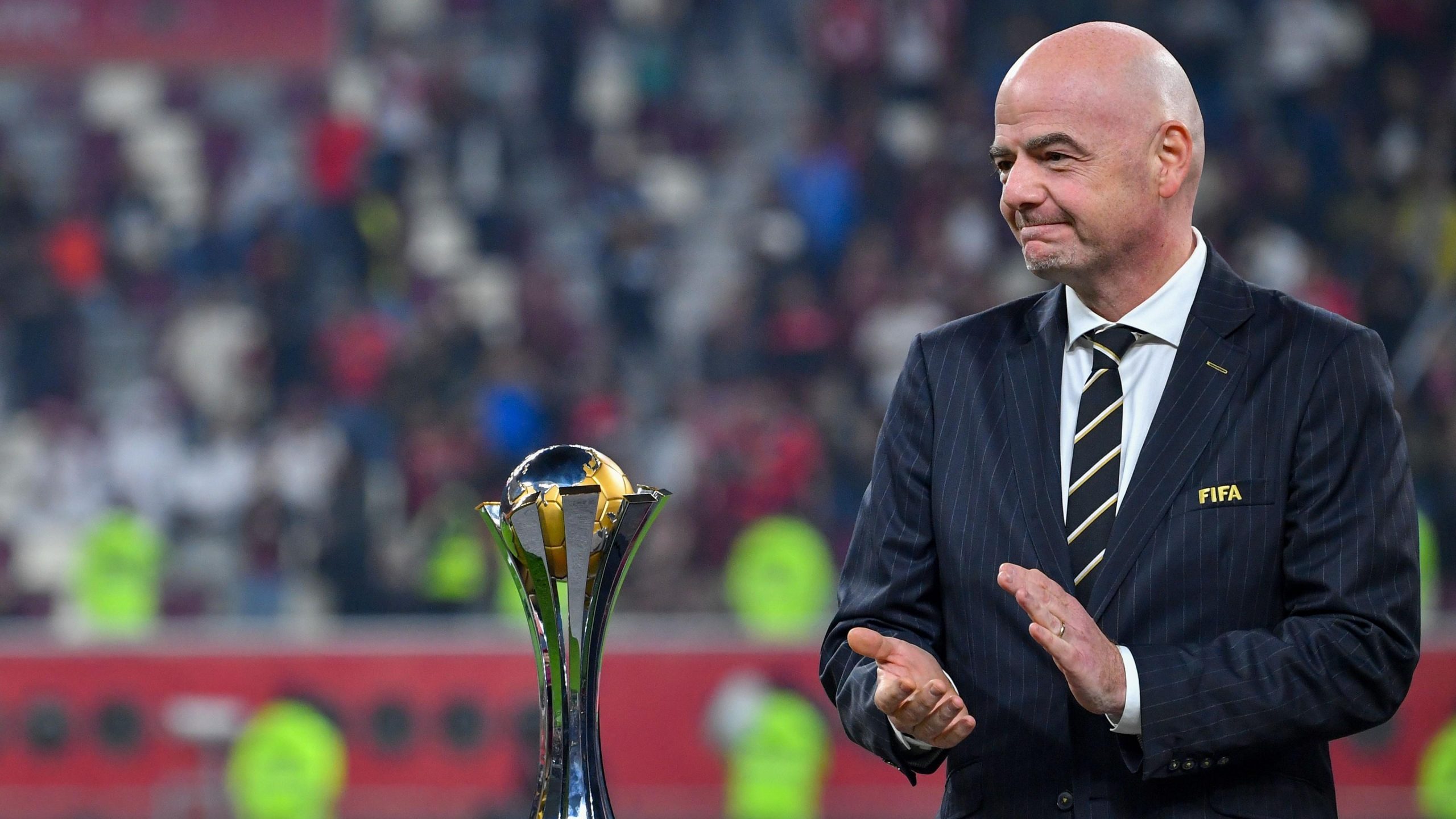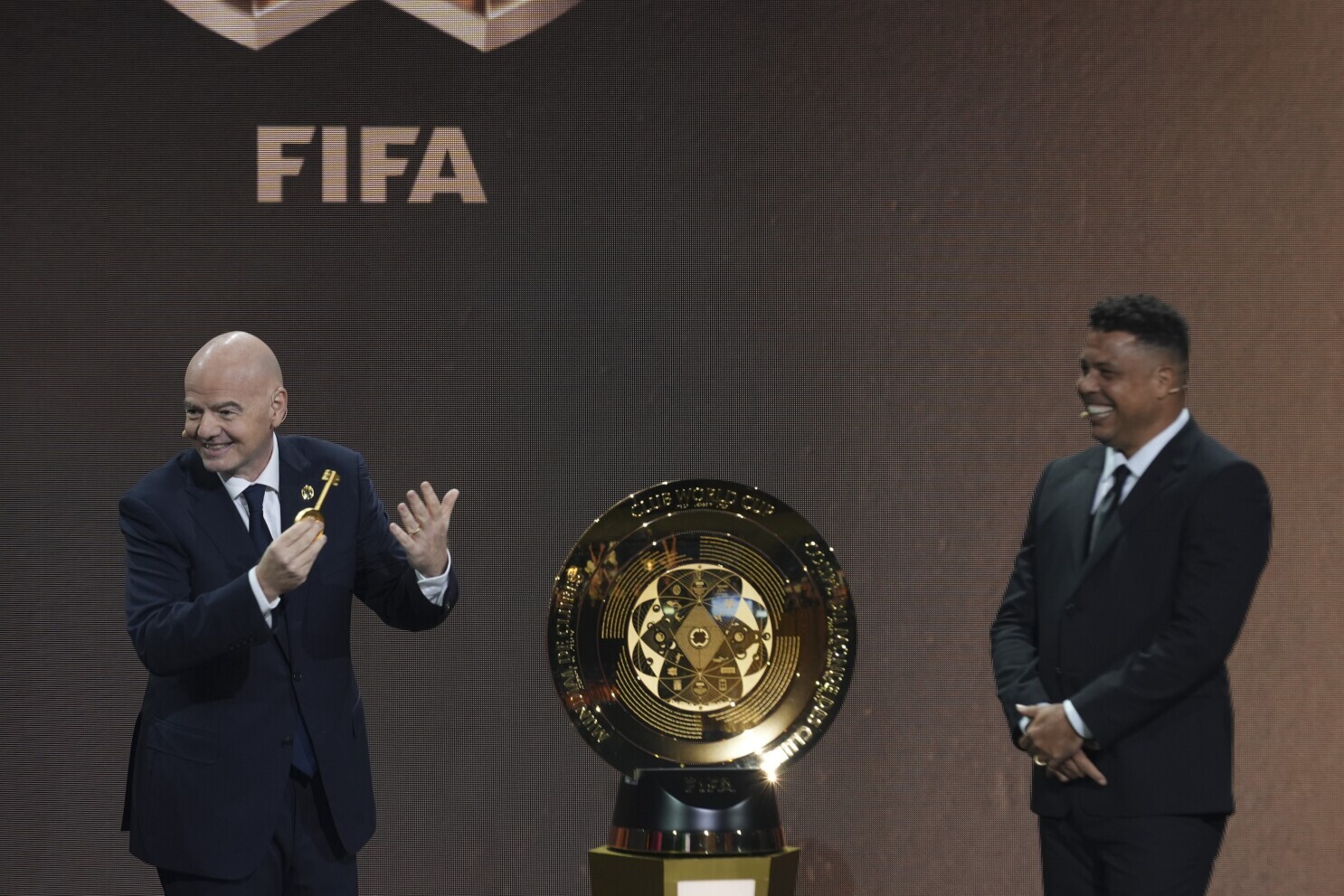FIFA is set to revolutionize the Club World Cup by expanding it from a seven-club annual tournament to a 32-team event held every four years. The inaugural edition of this new format is scheduled for the summer of 2025 in the United States, a year ahead of the 2026 World Cup. This move is part of FIFA’s efforts to craft a more significant global club football competition. However, despite the excitement surrounding the inclusion of massive global clubs, the tournament has faced substantial criticism due to logistical and ethical concerns.
One of the primary criticisms of the 2025 Club World Cup revolves around its impact on the already overloaded football calendar. Players and clubs face increasing fixture congestion, with professional football seasons occupying most of the year and international competitions often filling the summer months. The addition of a month-long club tournament further strains players’ limited recovery time. Global football player union FIFPRO and prominent figures like Kevin de Bruyne have raised alarms about the physical toll on players, pointing out the lack of a true offseason and the risk of early-season injuries due to inadequate rest and preparation.

Accusations of a Financial “Cash Grab”
Critics have accused FIFA of prioritizing financial gain over player welfare and logistical feasibility in organizing the expanded Club World Cup. Detractors label the tournament as a “cash grab,” with accusations that FIFA’s primary goal is to monetize top clubs and players while consolidating political power. High-profile figures, including Kevin de Bruyne, have voiced concerns that financial motivations outweigh the needs and voices of players. The controversy underscores growing tensions between FIFA and other footballing organizations, such as UEFA, over governance and decision-making.
FIFA’s promises of substantial financial benefits for participating clubs have also been met with skepticism. While FIFA initially suggested that each team could earn €50 million, reports indicate this figure is far from realistic. Instead, most clubs are expected to receive significantly lower payouts, especially those eliminated in the early stages. European clubs are likely to claim the lion’s share of the revenue, leaving teams from other confederations with minimal financial benefit. These disparities highlight the uneven distribution of wealth within global football and undermine claims of fostering global development.

Challenges in Securing Broadcasting Revenue
The financial challenges of the expanded Club World Cup extend to broadcasting rights. FIFA has struggled to secure lucrative deals, with traditional partners like Fox offering modest bids. As a result, FIFA turned to DAZN for a global streaming partnership, reportedly valued at $1 billion—far less than the initially projected revenue. This shortfall reflects FIFA’s overestimation of the tournament’s commercial appeal and raises questions about its long-term sustainability.
The expanded Club World Cup has sparked mixed reactions, with excitement over its global scale tempered by concerns about player welfare, financial fairness, and logistical challenges. FIFA’s ambitious plans have exposed flaws in execution, including unrealistic financial projections and inadequate preparation for the strain on clubs and players. As the tournament approaches, FIFA faces pressure to address these criticisms and ensure the competition delivers on its promises of global growth and excitement for football fans worldwide. The success or failure of this venture could shape the future of international club football for years to come.
